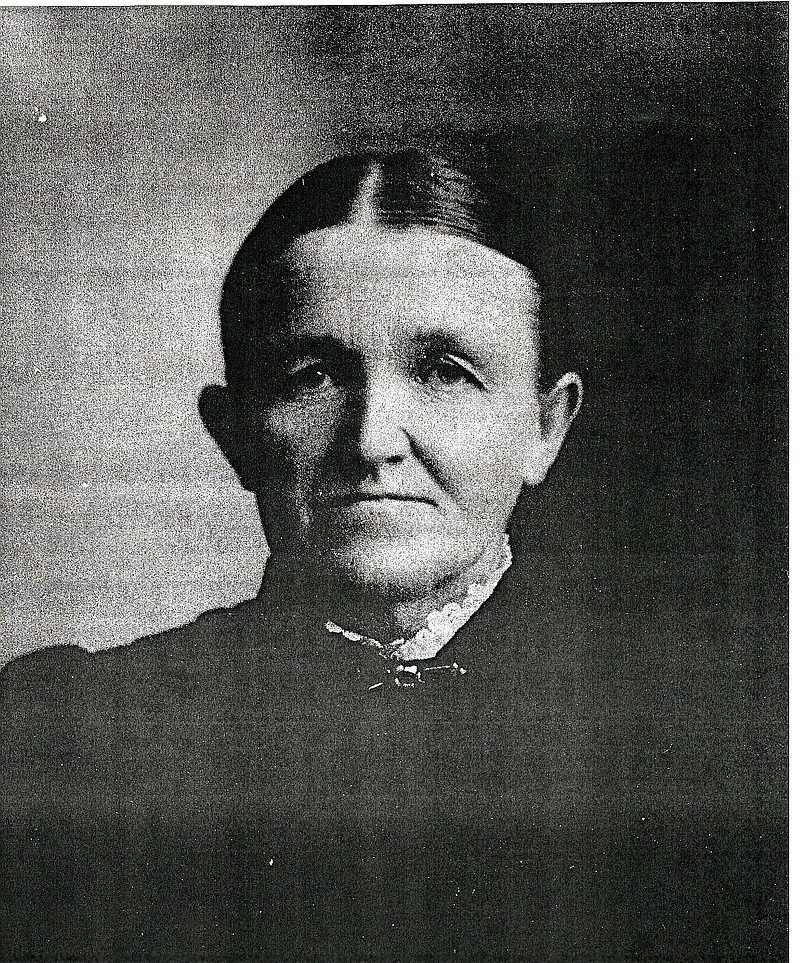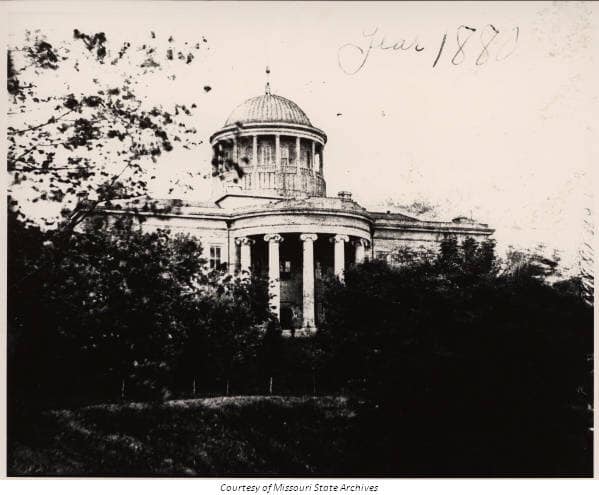On June 6, 1881, a group of passengers from Saxony, Germany, disembarked in New York City from the ship Silesia, arriving from Hamburg, Germany. They entered the United States through Castle Garden which processed 3,500 people a day. The facility was created to protect immigrants from the unsavory characters who had roamed the open wharves at will to take advantage of gullible newcomers.
This group needed little help. They knew exactly where they were going and how to get there. The place was Jefferson City, Missouri, and they were going by railroad. Within this group were my ancestors Heinrich August and Ernestine Herfurth Goldammer and their 6-year-old son, Richard. August's brother Herman and his family were also in the group. Herman's family consisted of his wife, Mathilda Foerschner, and four children: Richard, 5; Paul, 4; Ida, 3; and Selma, an infant.
Other families from the Silesia also made it to Jefferson City. Robert and Bertha Mueller and their three daughters, Liska, Milda and Freida, settled in Schubert, Missouri. The passenger list also has Bruno Mueller and his aunt and uncle, Wilhelm and Wilhelmine Kiesig. According to Central United Church of Christ's A Sesquicentennial History, "Bruno came to America with his aunt Johanna Wilhelmina Mueller, who married Fredrich Wilhelm Kiesig."
By June 11, they were on the spur line of the Chicago Alton Railroad. An article in the Fulton Gazette stated "Fifty German immigrants passed Fulton Saturday evening bound for the State Capital. They are all well-to-do and will locate in Cole County."
The Jefferson City Daily State Journal on June 13 acknowledged their arrival: "Some fifty German immigrants came over by the C. & A. Saturday night. A sad incident occurred between here and Cedar City, the death of a little child."
The Missouri Volksfreund, the local German paper, on June 15 noted the county was getting its share of recent immigrants and stated: "Last week several Saxon families, all told twenty people, arrived here by the Chicago & Alton train; one child had died on the trip between here and Fulton and was buried here."
There must have been much anticipation as to what they would find in Jefferson City. As they crossed the Missouri River on the ferry from Cedar City, the first thing they would have seen was the state Capitol sitting on top of the bluff.
This was a case of chain migration. Chain migration is the social process by which migrants from a particular area follow others from that area to a particular destination. In 1880, there were more than 1,200 people from what is now Germany in Cole County of which 27 were born in Saxony with names like Loesch, Ruler, Busch, Asel and Waaser.
These immigrants were not totally welcomed. The Jefferson City Tribune apparently made some disparaging remarks because the Daily State Journal came to the newcomers' defense June 15:
"The Tribune makes a serious mistake when it protests against the immigration we are receiving to this county from the old world because 'the immigrants are poor.' They have come and are coming to find homes upon our unoccupied lands, to fill the vacant places in our mines and workshops. Thus far there have arrived and located in this county about thirty families of about ninety persons. Some of them have brought considerable means with them. But even if they had come with less, with nothing but their strong arms, brave and will-hearts, we will, and the Tribune should, welcome them all the more heartily. They are evidently workers -- not loafers and idlers. They love liberty, and they have come hither to find, and live in the enjoyment of its fruits -- free schools, free homes, free thought, free religion, everything free."
The families found a German community already intact with churches, schools, businesses, organizations, beer gardens and newspapers all conducting business in the German language. On East High Street was the Germania Club, an organization of citizens of German extraction who held their weekly dances there and every two weeks presented a play by members of the club. There were no fewer than four churches with services in German.
Traditionally Sunday afternoon was a time for plays, music and sharing food and drink including beer. On June 13, the Journal states the "immigrants who have arrived here lately from the old country seemed to enjoy yesterday as a day of liberty in spite of Sunday laws supposed to be enacted and enforced to the contrary."
Within a year, Herman and August purchased farms in Cole County. The chain migration did not end with them. Their brother Ehregott and his family landed in New York on Aug. 12, 1882, and purchased property in Cole County on Sept. 7.
German immigrants in the 1880s brought their traditions, industriousness and skills. Many of those traits and family names are still with us today.
Deborah Goldammer is retired from state government and now pursues her interest in Cole County history research. She is a former officer and board member of Historic City of Jefferson.


